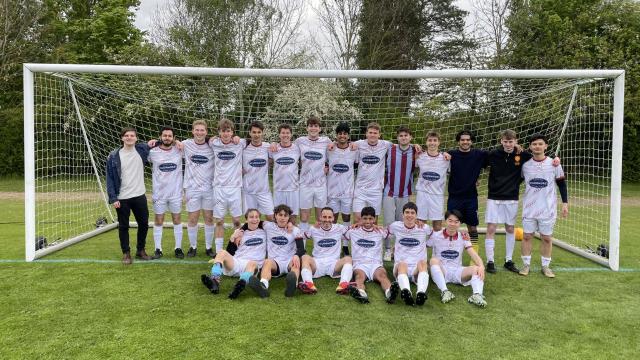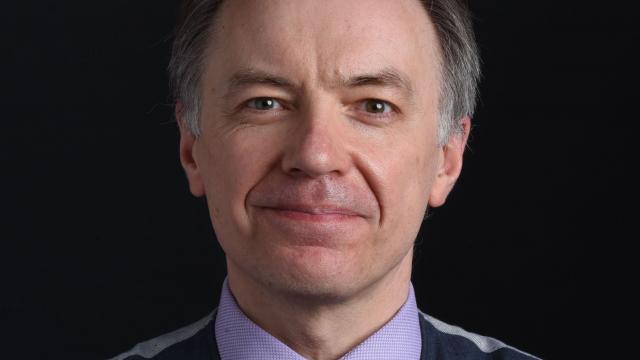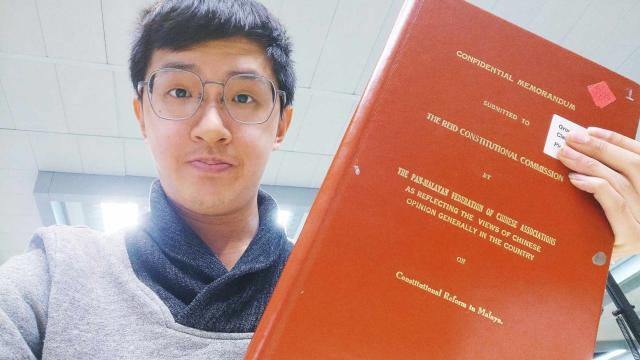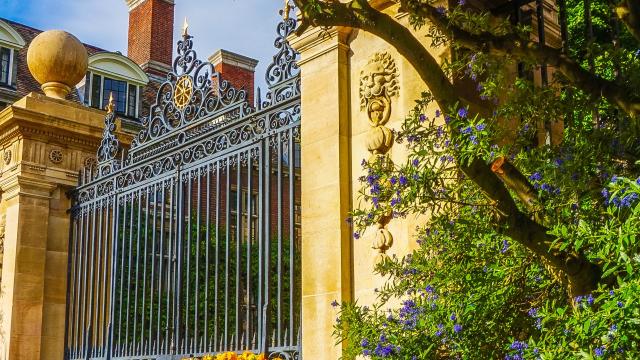Name: Frankie Gardner
Hometown: Bourne, Lincolnshire, UK
Extracurricular interests: Birdwatching, puppetry, writing fiction and learning languages
Postgraduate degree: PhD in English
Life before Catz
“I grew up in Lincolnshire and spent four years at Magdalen College, Oxford studying for a BA in English Language & Literature, and then a MSt in English (1700–1830), funded by the Senior Mackinnon Scholarship. On the advice of my inspiring tutors, and drawn to the Faculty’s rigour alongside its interdisciplinary and creative atmosphere, I applied to Cambridge for a PhD in English.”
Life at Catz
“Life at Catz so far has been amazing! I couldn’t imagine a friendlier postgraduate body, and couldn’t have asked for more to get involved with (from murder mystery dinners to nature walks…). Catz combines academic seriousness and genuine warmth in a wonderfully productive way—I feel very lucky to be a member of the College.”
Postgraduate studies
“My PhD focuses on pastoral competition after 1700. There is very little criticism on the singing contest trope outside of classical scholarship, particularly after the early modern period and especially compared to the volume of work on amorous and elegiac pastoral; my research hopes to begin to fill in some of these gaps. It argues that pastoral competition in British poetry changes substantially after the influential Pope-Philips dispute, which was conceived of as metatextual amoebean verse; the idea of pastoral as a competition between texts persists. In other words, competition is no longer only an intratextual trope (i.e., within pastoral poems), but becomes a broader intertextual spirit defining pastoral poetry and permeating its development. Subsequent poets competitively define and redefine pastoral out of the careful manipulation of intratextual examples of the trope, but the singing contest evolves from the playful—if at times ferocious—literary game it was in the early eighteenth century into a tool with which to examine the increasingly fraught sociopolitical stakes surrounding pastoral writing. I am also interested in theorising about how competition might interact with notions of pastoral innocence, as well as the mutual influence of competitive dialogue and well-known pastoral binaries (country/city, 'learned'/'unlearned', etc).
"Alongside pastoral competition, my research interests include the literary essay from the early modern period to the present, technography and machines, Milton’s typology, and puppets.”
The Harding Distinguished Postgraduate Scholars Programme
“I am hugely grateful to be a Harding Scholar, as the scheme has enabled me to undertake my postgraduate studies at Cambridge. The opportunities and experiences offered by the programme have gone above and beyond my expectations, with its generous research grants (allowing me, for example, to travel to academic conferences) and the various trips and social events organised by our fantastic committee. It’s such a vibrant community to be a part of.”
Advice for undergraduates thinking of applying for postgraduate studies
“As someone who nearly talked myself out of applying for the scholarship, I can only second the famous saying that you miss 100% of the shots you don’t take! You’re often more qualified than you think. It’s also important to love what you do, and so to choose a research topic wisely, but there’s something wonderful about submitting to the contingency of things, too; it might take the pressure off a little to frame applying for your PhD project as an active choice to explore one thing that you enjoy or are drawn to (maybe as a result of undergraduate and Master's teaching, or a question you can’t ignore, or what you have stumbled upon by chance, or what is important to you at this stage in your life), even if you could have chosen a hundred other things.”





